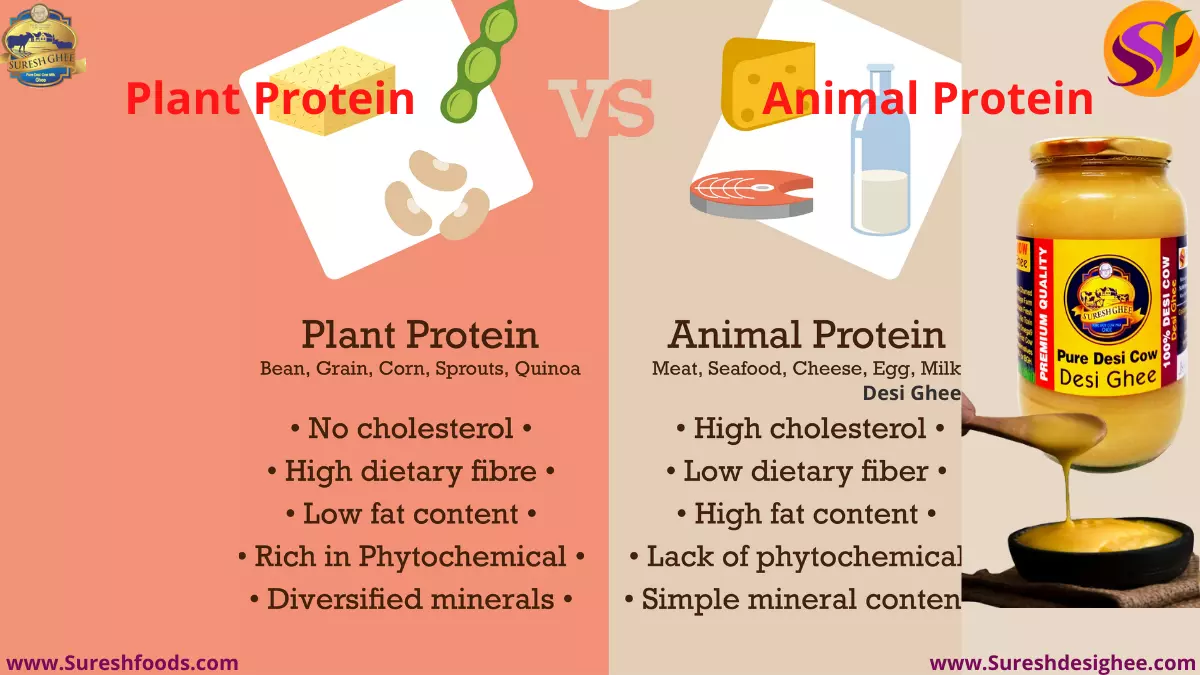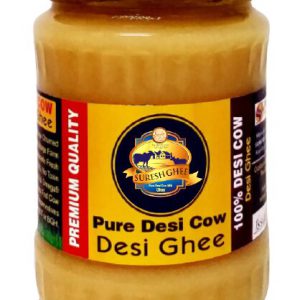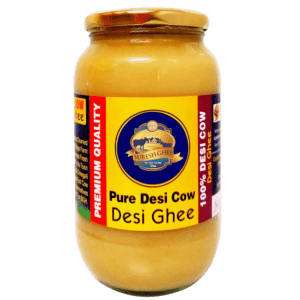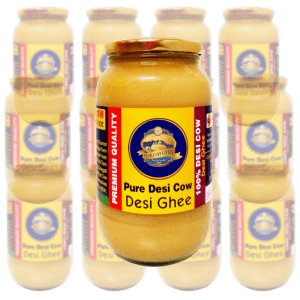Protein is an incredible part of the diet. It assists in building, repairing, and improving the body’s structures. Foods obtained from plants and animals can both offer protein, but there are a few differences.
Protein is present throughout the body in each part from the muscles and organs to the bones, skin, and hair. The body does not collect protein like it does other macronutrients, so this protein has to derive from the food.
Proteins are made up of amino acids. A person’s body requires a balance of all 22 types of amino acids to work properly. One of the major differences between plant and animal proteins includes their amino acid contents.
Amino acids are the building blocks of protein. When the body derives the proteins in meals, it converts them down into amino acids. The body may want various amino acids at different times. Many people trust that the diet should be full of protein, which contains all nine important amino acids.
What Is Animal Protein
Animal protein is extracted from animal sources, such as meat, eggs, and milk. Basic forms of animal protein are egg white protein, milk proteins [whey, whey isolate, casein, whey hydrolysate, concentrated milk].
What Is Plant Protein
Plant protein is procured from plant sources such as beans, legumes, nuts, seeds, quinoa, and whole grains. Basic sources of plant protein are beans, nuts, pumpkin seeds, watermelon seeds, soy (bean), hemp (legume), rice (grain).
Read more: How desi ghee helps in everyday health problems
PLANT PROTEIN VS. ANIMAL PROTEIN
There are different ways to add protein to your diet. While animal proteins are referred to as the most complete, some plant-based proteins are also complete as well. Let’s take a look at the basic difference between plant and animal proteins, and what foods you will want to eat to be sure that you are having enough protein.
Protein is an important element of a balanced diet. It assists in boosting immunity and supporting health values. There are many sources through which you can get protein. Plants and animals can both offer protein but there are some differences based on their characteristics.
Characteristic of plant protein:
- No cholesterol.
- High range of dietary fiber.
- Less fat content (mainly unsaturated fat)
- Can lower the concentration of total and bad cholesterol.
- Includes rich diversified phytochemicals such as isoflavones, lycopene, anthocyanin, and antioxidants.
- Offers the needed minerals such as calcium, potassium, and zinc.
Properties of animal Protein (such as meat, seafood, cheese, egg & milk):
- High cholesterol
- Less dietary fiber
- High-fat content (mainly saturated fat)
- Can elevate the amount of bad cholesterol and triglyceride
- Deficiency of phytochemical
- Mineral content is relatively less, lack of calcium (except milk)
Also, you can differ both on their digestibility rate and micronutrient content.
Digestibility Rate/Amino Acid Score
To observe the difference between plant protein vs animal protein is the digestibility rate of these two. The rate of digestibility decides how impactive the protein is in boosting lean muscle mass and improvement after exercise.
Plant-based proteins have less anabolic results than animal proteins due to their lower digestibility rate, and lower essential amino acid amount (especially leucine), and lack of other vital amino acids, such as sulfur amino acids or lysine.
Pea, sacha inchi, and soya have a high digestibility rate same as animal protein. Like I mentioned before, not all plant protein sources are valued equally and most have many differences.
Micronutrient Content
The key where plant protein has a verge over animal protein is in micronutrient content. Most plant protein sources include essential micronutrients such as zinc, copper, manganese, phosphorus, and magnesium.
Plant protein sources such as hemp and sacha inchi are enriched with essential fatty acids (EFAs), Omega-6, and Omega-3. Other plant protein sources are packed with uncharacteristically high quantities of certain crucial amino acids.
For example, sacha inchi has a higher range of tryptophan, while pea protein includes an amino acid clear profile almost exactly of whey protein with higher arginine content. Animal proteins are full of all of the essential amino acids, yet do not include any micronutrients.
Animal Proteins vs. Plant Proteins: Which Are Better?
As discussed in this article, if we want pure quality protein, both proteins are a good choice;
- Animal proteins preferably have a higher range of protein and clear amino acid profiles.
- The proteins in animal foods are more bioavailable compared to plant sources.
For these reasons, foods like dairy, eggs, fish, desi cow ghee, and meat are the most healthy ways to get protein. But as discussed above there are many alternatives in-plant also to fulfill the good results on protein intake. So at last it depends on you to choose which one you like.
Does Ghee Have Protein?
Desi cow ghee is enriched with vitamin A, vitamin E, and vitamin K, an ample source of protein. Especially, when ghee is made from grass-fed cows’ milk. Ghee has a good amount of protein and its saturated fat content is usually meant to be healthier than other fats since it has short-chain and vital fatty acids.
In contrast, pure ghee forms long-chain saturated fatty acids that generally you would observe in animal products. While organic cow ghee isn’t delivered only healthy fats also supercharged with various supplements, this means that it’s certainly a healthier alternative compared to lard or tallow.
However, grass-fed cow ghee offers a delicious, nutty flavor to your food. It also possesses a higher smoke point than any other alternative. So desi cow ghee is a wise choice for cooking at high heat.
If you like the taste of this pure ghee, just have it in moderation. There’s no doubt that desi cow ghee can be part of a healthy, balanced diet. Our basic motto of offering protein is fulfilled by the organic cow ghee made from the Vedic method.
Conclusion:
The vitality is to concentrate on high-quality protein sources. Pay attention to getting lots of protein from plants, balanced with quality animal-based protein. Protein is very important for health. We need to ensure that we are getting enough protein for cell repair, muscle development, hormone balance, and immune health.
All that matters is balance, and well-balanced food is not the only secret for optimal protein balance but it’s the reason for good health as well. Animal sources of protein are prone to be the most healthier way to meet these requirements.
So the richest source of animal protein is desi cow ghee. But whenever you want to buy it always go for the quality product, which is prepared by traditional bilona method from Suresh foods also you can order it online from here: https://sureshdesighee.com/






 WhatsApp us
WhatsApp us
Naveen m...